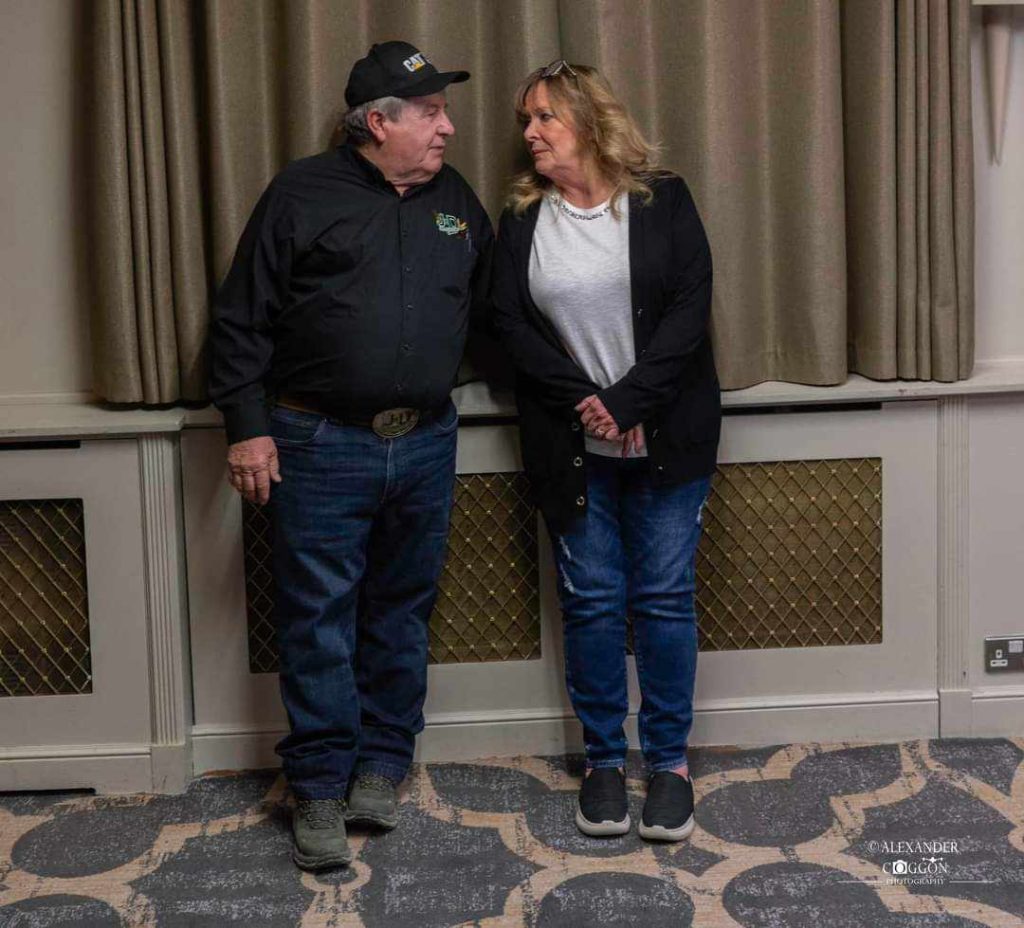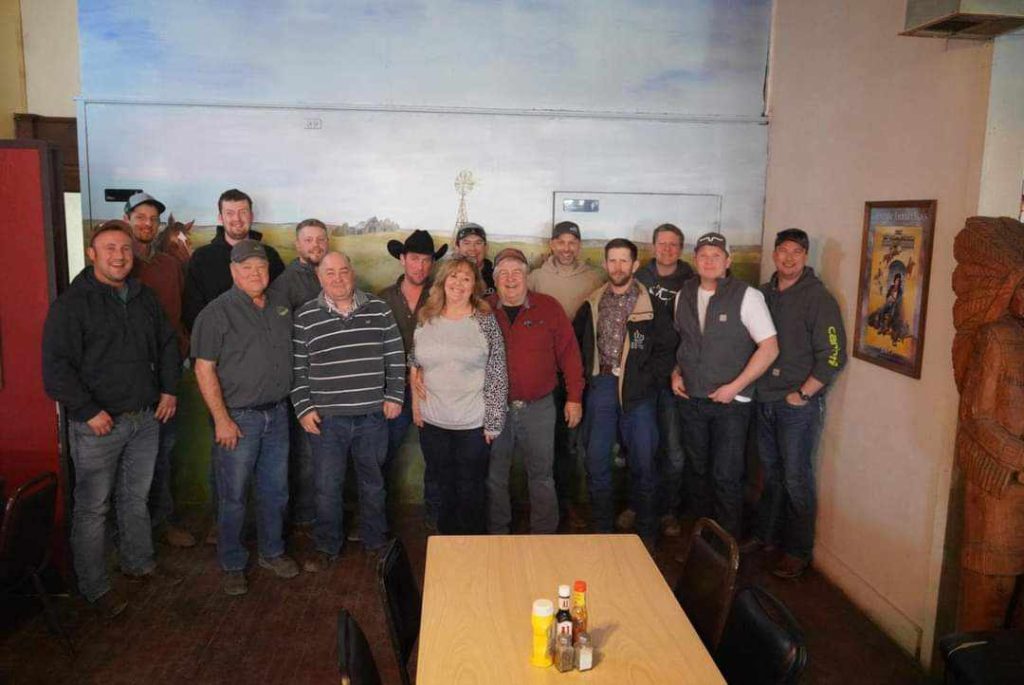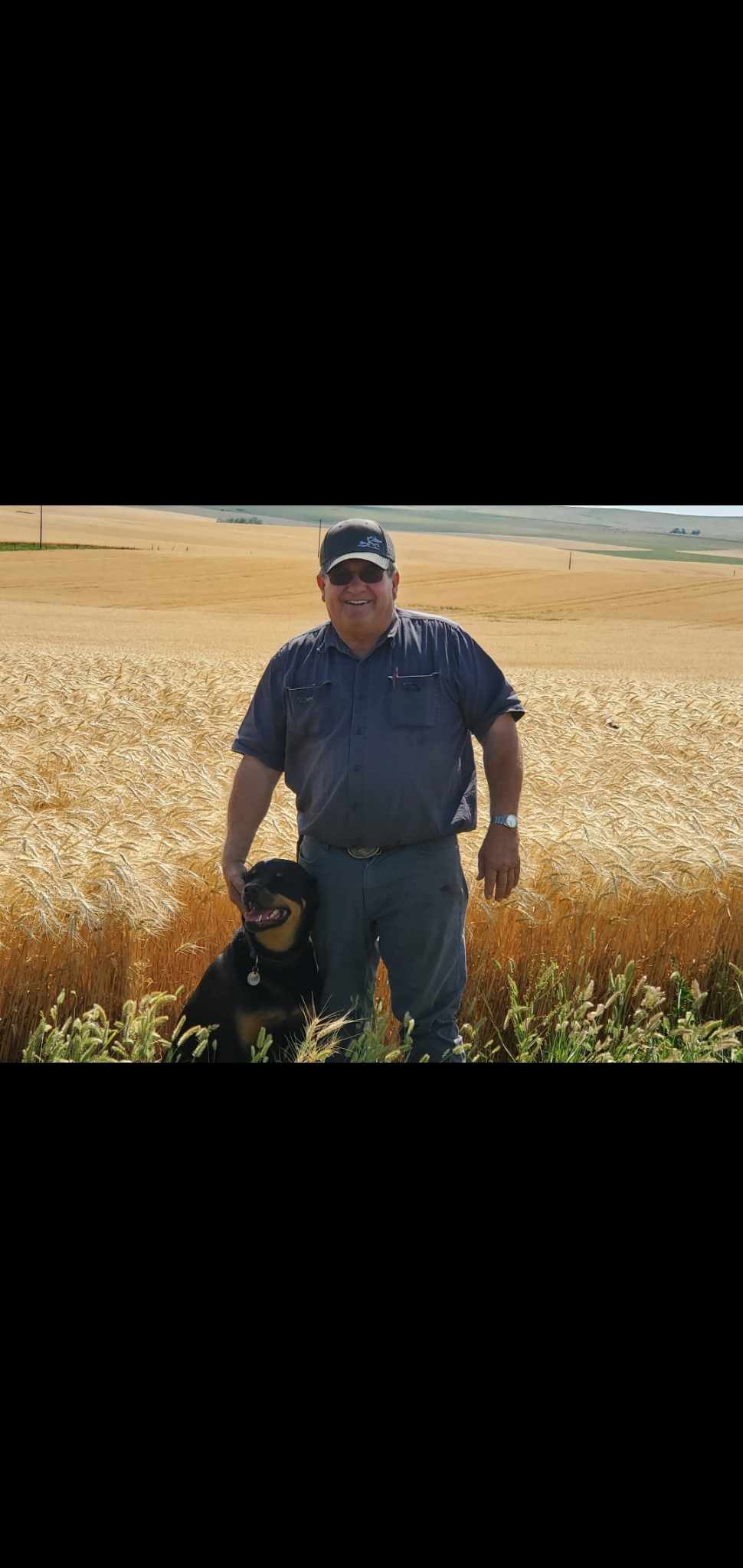In a few, short weeks, caravans of custom harvest crews will head south on what has been coined “The Great American Wheat Harvest.” This pilgrimage, dating from the World War II era, has become a rite of passage, not just for Americans but for many across the world.
This season, for the first time in more than 50 years, veteran harvester Jim Deibert of JKD Harvesting, Colby, Kansas, will be missing from that lineup. While he’ll have more flexibility in the summer months, a lifetime commitment to the industry doesn’t just fade when the last machine rolls off the lot. He may have retired from the field, but Deibert plans to continue to advocate for the industry in this new season of life. Photos are courtesy of DeAnn Deibert.
In the summer of 1968, Deibert caught harvest fever. He had a truck and borrowed his dad’s combine. He and the neighbor kid “went off, found a little job and made some money.” Harvest was officially in his blood.

When Deibert was in college, he met a harvester that needed help with milo harvest, and then encouraged him to go on the wheat run. Deibert had schooling from Fort Hays State University, but he earned a master’s degree in harvesting from the outfit’s owner, Deloss Ramsey. Ramsey had come up the tough way, shared his knowledge, worked hard and earned Deibert’s admiration.
In 1971, “He sold me a 6600 John Deere. It was a new model at that time. I ran it with him. He had three, and I had one. My job was to keep it all going. His job was to find work. That combine was $11,500 and took me three years to pay off.” Deloss and Deibert would remain close even after Deibert left to start his own crew.
In the early years, mechanical problems gave Deibert a headache. Later, it was technology. “You must enjoy it, but if you don’t manage it right, it’ll be a bad deal. I like the gadgets and gizmos, but you still have keep up with it. It changes so quick.” He says tech like GPS helped take the pressure off the crew.
Communication has also undergone huge changes. “My first cell phone was something like the oil companies used,” he said. “This was before bag phones. I would call the tower, there’d be a tone, and then you’d dial the number. Before that, I’d have to go to town and use a pay phone. If you had to make a call after a rain, you’d have to get in line behind all the harvest guys.”
Over time, the countryside changed too, he said. The little farms have disappeared, and so have the farm kids. Family units are smaller now, too. “In the ‘70s, I used to go to the big families and hire a kid who needed a job. I had all American help until 1990 when I hired my first English boys.”

Deibert’s wife, DeAnn, has been a key partner. “I just couldn’t do this without her,” he said. “She’s a major part of it. She talks to me about things on the crew. DeAnn is their ‘mum.’ We aren’t harvesters as much as we are teachers. We take over for their parents. They sent us a young boy or girl, and we sent back a man or woman.”
With harvest experience, many of the couple’s crew members have gone on to do amazing things within the agriculture community. Some work with JCB, John Deere, Case, etc. Many remain in touch with them today, some often as once a month.
Deibert is committed to his customers, many of which he’s worked with for more than 30 years. “I’m on the second or even third generation,” he said. “It’s been sad when I’ve told them I was going to quit. They’re like family. It was hard on me and them both. My kids grew up with their kids. We were more like family than customers. We talk in the winter and sometimes get together to fish or a deer hunt. We’ll keep in touch.”
“The people are the big deal,” he continued. “The people you work with, the relationships you build. The lifetime of good friends. The real riches are not gold and silver, but the friends and acquaintances you have.”
If that’s true, the Deiberts are wealthy indeed.
Laura Haffner can be reached at [email protected].



